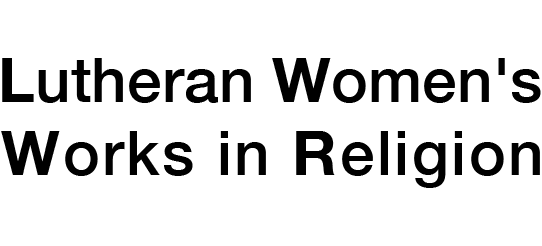Item Type: Book Chapters
Book Chapters filtered by category: Biblical Studies
Commentary on the Revised Common Lectionary texts for Ash Wednesday through the Fifth Sunday in Lent, Year B.
Describes themes in the creation theology of the Wisdom books of the Old Testament and the Psalms.
This essay integrates cultural anthropological insights about life in the ancient Mediterranean world with traditional historical critical methods for reconstructing the life of Jesus. As I assess the historicity of Matthew‘s birth narrative, I ask how its claims would have been understood by the 1st century Judeans in the text and who produced the text, specifically, would claims for virginal conception make sense to them?
In this essay I contend that the Greco-Roman system of patron-broker-client relations shaped early church structures in important ways, even when the language of patronage was not explicitly used. This is especially evident in Ignatius of Antioch‘s letter to the Ephesians in which he ascribes various functions to bishops that most resemble the role of brokers of heavenly goods in a system of divine patronage.
Drawing on the work of anthropologist Mary Douglas, I define purity rules as symbolic expressions of a group‘s identity and core values. Reading Mark 7:1-23 through this lens demonstrates that Jesus and the Pharisees are both concerned about the purity of personal and social bodies, but differ in their assessment of what threatens that purity and how best to preserve the body‘s wholeness and integrity.
Applying reader response criticism and ritual studies, LaHurd examines Jesus’ encounter with the Gerasene demoniac in Mark 5. Mark’s portrayal of Jesus is illuminated by analysis of such ritual elements as liminality, exorcism, and the categories of clean and unclean.
Taking account of the religious perspectives of contemporary Arab Christian women and LaHurd’s own observations of women’s lives in Yemen, this chapter reinterprets Luke 15 in dialogue with other feminist and anthropological readings and finds new insights into women’s roles and informal power as displayed in the parables of lost sheep, lost coin, and lost son.
LaHurd reflects on the implications of Paul’s sacramental theology in 1 Corinthians 11 for current day ecumenical relations and for joint mission as the spiritual body of Christ.
Argues for limited usefulness of Psalm 132 in theological reconstructions of ancient Israel.
Commentary on New International Version. Includes extensive introductory material, including theological relevance.

